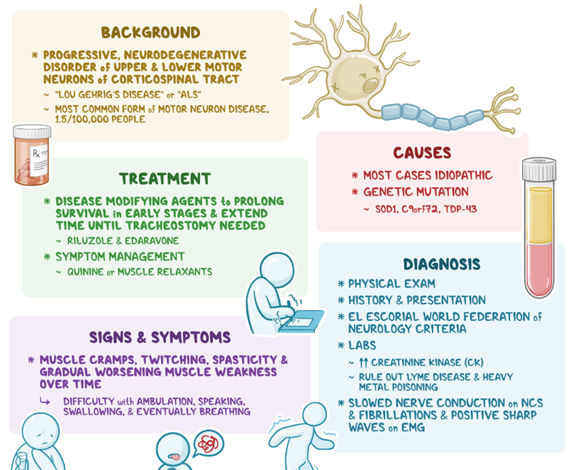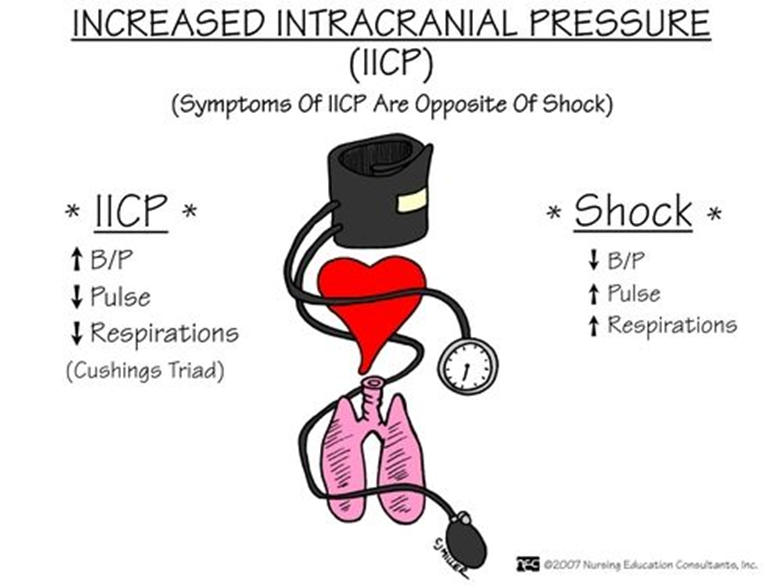A nurse is providing discharge instruction to a client who has hypertension that has resulted in a transient ischemic attack (TIA). Which of the following information should the nurse discuss with the client regarding blood pressure (BP) management?
The client should maintain systolic BP between 120 and 129 mm Hg.
The client should maintain systolic BP between 130 and 135 mm Hg.
The client should maintain systolic BP between 136 and 140 mm Hg.
The client should maintain systolic BP between 141 and 145 mm Hg.
Note the time the seizure started
The Correct Answer is A
A. The client should maintain systolic BP between 120 and 129 mm Hg.
This is an appropriate recommendation. The American Heart Association (AHA) guidelines recommend maintaining systolic BP below 130 mm Hg to reduce the risk of stroke and other cardiovascular events in individuals with a history of stroke or TIA.
B. The client should maintain systolic BP between 130 and 135 mm Hg.
This is slightly above the recommended range. While systolic BP below 135 mm Hg is generally recommended for individuals with a history of stroke or TIA, a range of 130-135 mm Hg may still be acceptable based on individual patient factors and risk assessments.
C. The client should maintain systolic BP between 136 and 140 mm Hg.
This is above the recommended range. Systolic BP between 136 and 140 mm Hg may be considered elevated and should be managed to lower levels to reduce the risk of recurrent TIA or stroke.
D. The client should maintain systolic BP between 141 and 145 mm Hg.
This is above the recommended range. Systolic BP above 140 mm Hg is generally considered elevated and should be managed to lower levels to reduce the risk of recurrent TIA or stroke.
Nursing Test Bank
Naxlex Comprehensive Predictor Exams
Related Questions
Correct Answer is B
Explanation
A. Intellectual capacity is not affected:
This statement refers to the fact that ALS primarily affects motor neurons, leading to muscle weakness and paralysis, but it typically does not directly impact cognitive function or intellectual capacity. While cognitive impairment is not a hallmark feature of ALS, some individuals may experience changes in cognitive function or behavior, such as executive dysfunction or frontotemporal dementia, in later stages of the disease. However, depression in ALS is not primarily linked to changes in intellectual capacity but rather to other factors such as altered communication, physical limitations, and loss of autonomy.
B. Communication is altered:
ALS can affect the muscles involved in speech and swallowing, leading to difficulties in communicationAs the disease progresses, patients may experience dysarthria (difficulty speaking clearly) and dysphagia (difficulty swallowing), which can impair their ability to communicate effectively with others. Altered communication can result in frustration, social isolation, and feelings of being misunderstood, all of which are risk factors for depression.
C. Mobility is limited:
ALS causes progressive muscle weakness and paralysis, which can significantly impair mobility over time. As the disease advances, individuals with ALS may become increasingly dependent on mobility aids such as wheelchairs or may require assistance with mobility tasks. Limited mobility can lead to feelings of loss of independence, decreased participation in activities, and increased dependence on caregivers, all of which can contribute to depression.
D. Nutritional intake is poor:
ALS can affect the muscles involved in swallowing and chewing, leading to difficulties with eating and drinking. Dysphagia, or difficulty swallowing, is a common symptom in ALS and can result in poor nutritional intake and weight loss. Malnutrition and weight loss are associated with increased morbidity and mortality in ALS, and they can also contribute to feelings of weakness, fatigue, and overall decline in quality of life, which may exacerbate depression.

Correct Answer is B
Explanation
A. Decreased pedal pulses:
Decreased pedal pulses are not typically associated with increased intracranial pressure. Instead, they may indicate peripheral vascular disease or reduced perfusion to the lower extremities. Monitoring peripheral pulses is important for assessing circulation but is not directly related to intracranial pressure changes.
B. Hypertension:
Hypertension can be a manifestation of increased intracranial pressure. The body may respond to elevated intracranial pressure by increasing blood pressure to maintain cerebral perfusion pressure. However, hypertension alone is not specific to increased ICP and can have various causes.
C. Peripheral edema:
Peripheral edema is not a typical manifestation of increased intracranial pressure. It may occur in conditions such as heart failure or renal dysfunction but is not directly related to intracranial pressure changes following a craniotomy.
D. Diarrhea:
Diarrhea is not a common manifestation of increased intracranial pressure. Increased ICP is more likely to manifest with symptoms such as headache, nausea, vomiting, altered level of consciousness, and focal neurological deficits.

Whether you are a student looking to ace your exams or a practicing nurse seeking to enhance your expertise , our nursing education contents will empower you with the confidence and competence to make a difference in the lives of patients and become a respected leader in the healthcare field.
Visit Naxlex, invest in your future and unlock endless possibilities with our unparalleled nursing education contents today
Report Wrong Answer on the Current Question
Do you disagree with the answer? If yes, what is your expected answer? Explain.
Kindly be descriptive with the issue you are facing.
